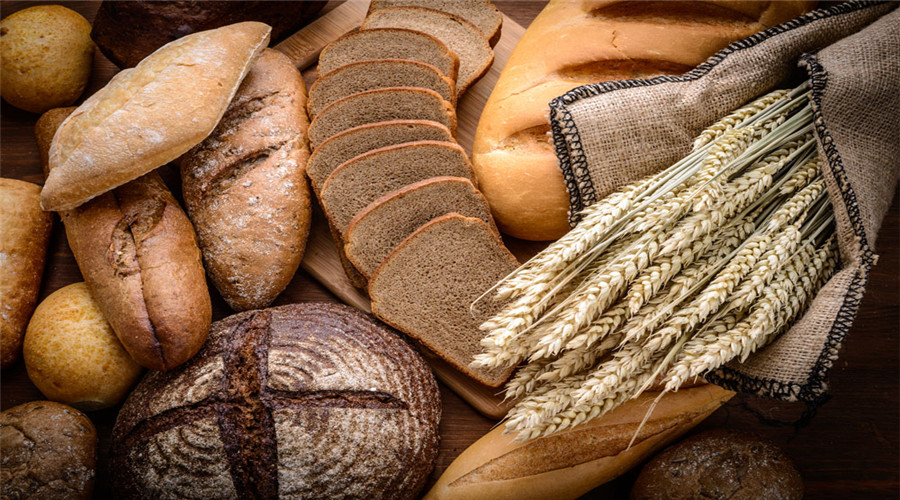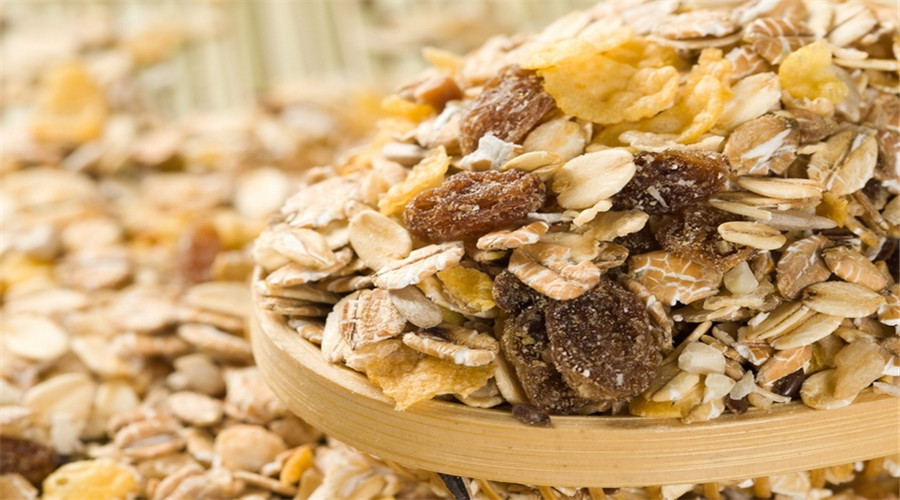Cutting calories helps people lose weight, but doing so by filling up on whole grains may be particularly heart-healthy, new research suggests.
In a study of obese adults at risk of heart disease, researchers found that those who trimmed calories and increased their whole-grain intake shed more belly fat and lowered their blood levels of C-reactive protein or CRP.

CRP is a marker of chronic, low-level inflammation in the blood vessels and excesses of abdominal fat and CRP are linked to heart attack and stroke.
In contrast, dieters in the study who mainly ate refined grains, like white bread, were able to lose weight, but they trimmed less fat from the middle and showed no change in CRP.
"This is the first clinical study to prove that a diet rich in whole grains can lead to weight loss and reduce the risk of several chronic diseases," Dr. Penny Kris-Etherton, the senior researcher on the study, said in a statement.
She and her colleagues at Pennsylvania State University report the findings in the American Journal of Clinical Nutrition.
In general, experts recommend eating whole grains -- such as oatmeal, brown rice and barley -- rather than refined grains, like white bread and other products made from white flour. Whole-grain foods retain more of the nutrients and fiber components of the grain.
This might explain why dieters in the study showed added benefits when they ate whole grains, according to the researchers.
For example, fiber-rich foods may have kept participants' blood sugar levels more stable throughout the day and this, in turn, may have lowered their CRP levels. Alternatively, CRP might have dropped because of the antioxidant nutrients that are present in whole grains but depleted in refined ones.
The researchers recommend that consumers look at labels and be careful to choose products that are good sources of whole grain.
"There are a lot of foods around that claim they contain whole grain but are not really major sources of whole grain," Kris-Etherton said.

She suggested looking for foods like oatmeal, breakfast cereals made from whole grains, whole-wheat pastas, granola and popcorn.
As a general rule, she said, consumers should buy grain products that are at least 51 percent whole grain. Products that put health claims about whole grains on their labels are required to contain at least that much whole grain.
(Edited by Stephanie Yang)